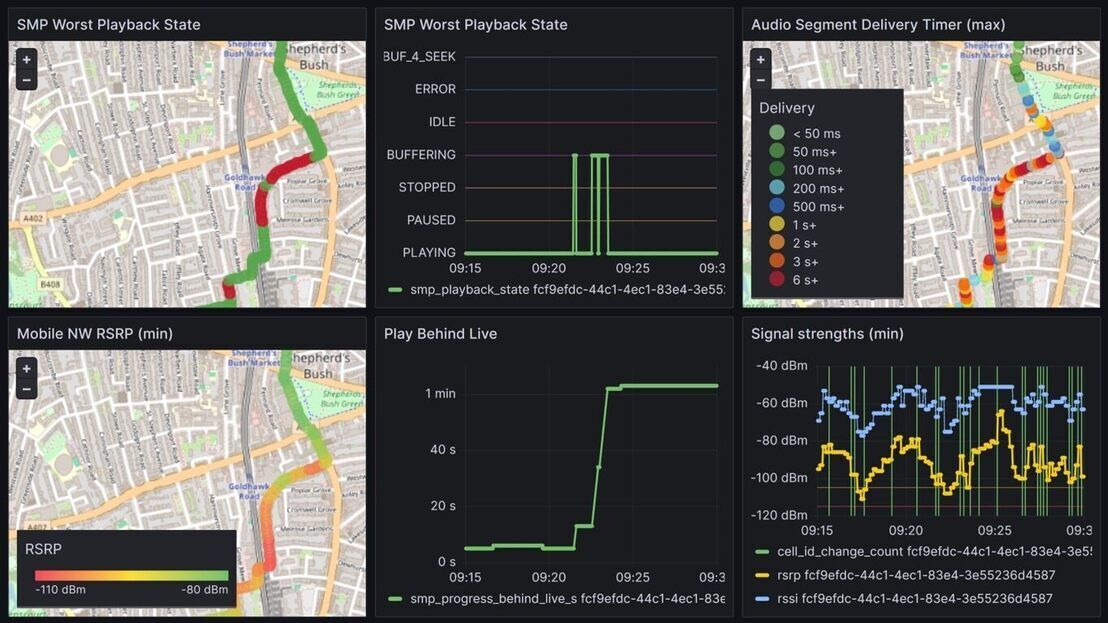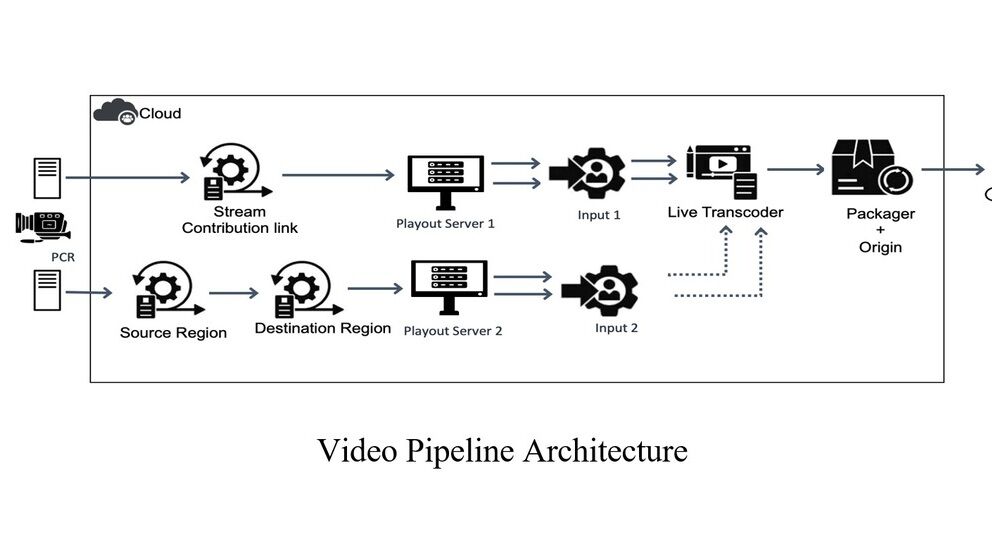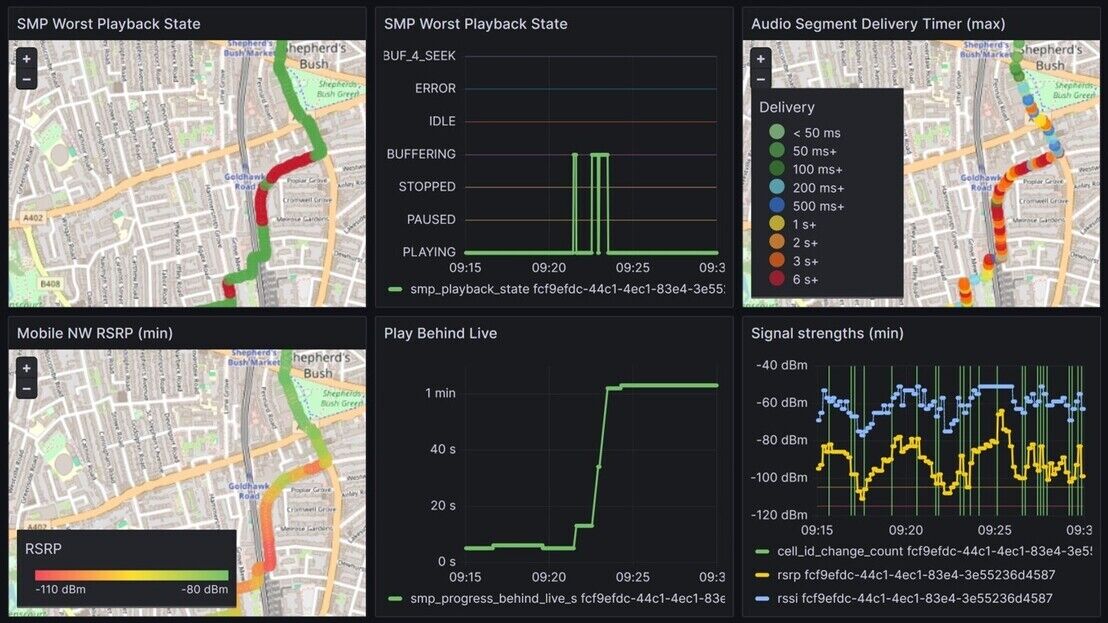This paper reviews the history of this standard’s creation, explains its operation principles, and discusses its various features, utilities, and benefits.
As well known, most videos sent over the Internet are delivered using streaming technologies. The two most commonly used streaming protocols today are HTTP Live Streaming (HLS) and Dynamic Adaptive Streaming over HTTP (DASH). Both are international standards. Both use HTTP as the underlying network protocol and employ Content Delivery Networks (CDNs) for distribution.
Content Steering for DASH (ETSI TS 103 998) is a new standard developed by the DASH Industry Forum (DASH-IF), defining means for managing media delivery using multiple CDNs. At the server-client interaction level, this standard is compatible with the CDN steering features of HLS (IETF RFC 8216bis), effectively enabling the same content steering servers to control delivery for both HLS and DASH distributions.
This paper discusses...
Exclusive Content
This article is available with a Technical Paper Pass
Opportunities for emerging 5G and wifi 6E technology in modern wireless production
This paper examines the changing regulatory framework and the complex technical choices now available to broadcasters for modern wireless IP production.
Leveraging AI to reduce technical expertise in media production and optimise workflows
Tech Papers 2025: This paper presents a series of PoCs that leverage AI to streamline broadcasting gallery operations, facilitate remote collaboration and enhance media production workflows.
Automatic quality control of broadcast audio
Tech Papers 2025: This paper describes work undertaken as part of the AQUA project funded by InnovateUK to address shortfalls in automated audio QC processes with an automated software solution for both production and distribution of audio content on premises or in the cloud.
Demonstration of AI-based fancam production for the Kohaku Uta Gassen using 8K cameras and VVERTIGO post-production pipeline
Tech Papers 2025: This paper details a successful demonstration of an AI-based fancam production pipeline that uses 8K cameras and the VVERTIGO post-production system to automatically generate personalized video content for the Kohaku Uta Gassen.
EBU Neo - a sophisticated multilingual chatbot for a trusted news ecosystem exploration
Tech Papers 2025: The paper introduces NEO, a sophisticated multilingual chatbot designed to support a trusted news ecosystem.




